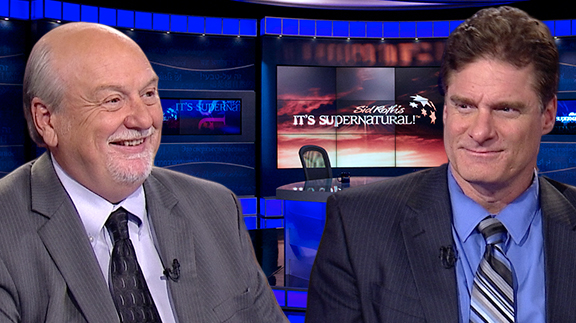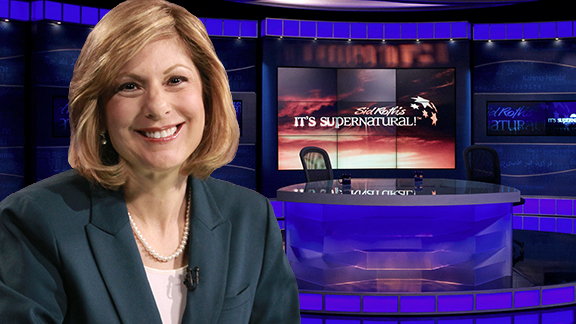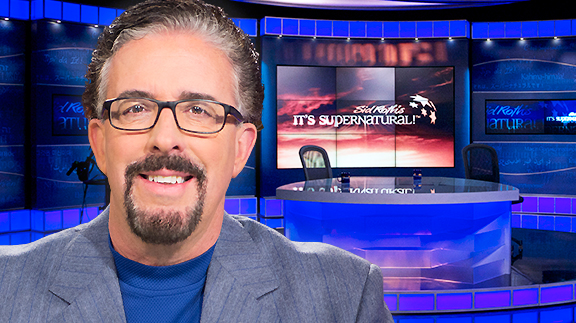
QUESTIONER #7: Hi. I have recently been told that President Obama made two trips to the Vatican and met with the pope within a thirty day period. And then within ten to fourteen days after that, the pope announced that he was stepping down. Do you know if that’s true?
CRIS: I haven’t heard anything about that.
TOM: No. I think I heard some speculation about it on the internet but I have nothing factual.
SID: —And when he said “on the internet,” a synonym is nothing factual!
AUDIENCE: (LAUGHTER)
SID: One more question?
QUESTIONER #8: I know many Catholics that believe on, in the Lord Jesus Christ, and a matter of fact I attend the Catholic Church with my family, and the priests talk about a call to holiness, and I’ve actually had some priests say that we need to have a personal relationship with the Lord Jesus Christ. So even though I have heard of this prophecy as the last pope going rogue and, and falling away, I don’t understand through the early fathers if they’ve been watching this prophecy, how come they didn’t put a stop to it or they’re not aware of it and how, how pervasive it’s gotten, become the evil in the church or the heresy. And I’m not sure what my question is, just other than this is what I’ve seen and I’m curious as to how come they’re not stopping it and preserving the gospel.
TOM: Uh, well, I’ll take part of that and maybe Cris can add to that. I would say that some of these Catholic leaders have asked the same question. In other words, they’ve said “Why are they not addressing this issue?’ Malachi Martin, the reason he became dis-enfranchised with the Roman Catholic Church, he was a personal friend of John Paul, he worked inside the Vatican, he translated the Dead Sea Scrolls, he was a polyglot, he was a scholar, he could speak 12 languages, he was an important man, and he became disillusioned following Vatican II, which opened the door for a kind of ecumenicalism. And he believed that they had departed the true Catholic faith. And I should tell you that in the beginning of our book, “Petrus Romanus” we make the case that there are many Catholics that we think are going to go to heaven, so this isn’t an anti-Catholic thing. We’re talking about a doctrine. And we’re also talking about institutions, we’re not talking about people, we’re talking about institutions. So that in the same way I can be a patriot, a strong patriot but not be blind to the corruption in my government, a person could be a strong and devout Catholic and still understand that in the institutions, institutions are run by men and if you’re not very careful they can become inherently corruptible. And that’s, that’s part of the problem. There has been a concerted effort to keep it quiet, according to people like Malachi Martin, and even to the point sometimes maybe of murder.
SID: And let me “p.s.” something. As a new Jewish believer in the Messiah, not knowing anything, I needed to get some mentoring and discipleship. And do you know the group that was the greatest blessing in my life? The Catholic Charismatics. And don’t you try to tell me they were not saved! They were as saved as any protestant that says they’re saved. And I know! And I owe a debt of gratitude because they taught me things of the spirit that I even teach today. Okay, one last question.
AUDIENCE: (APPLAUDS)


